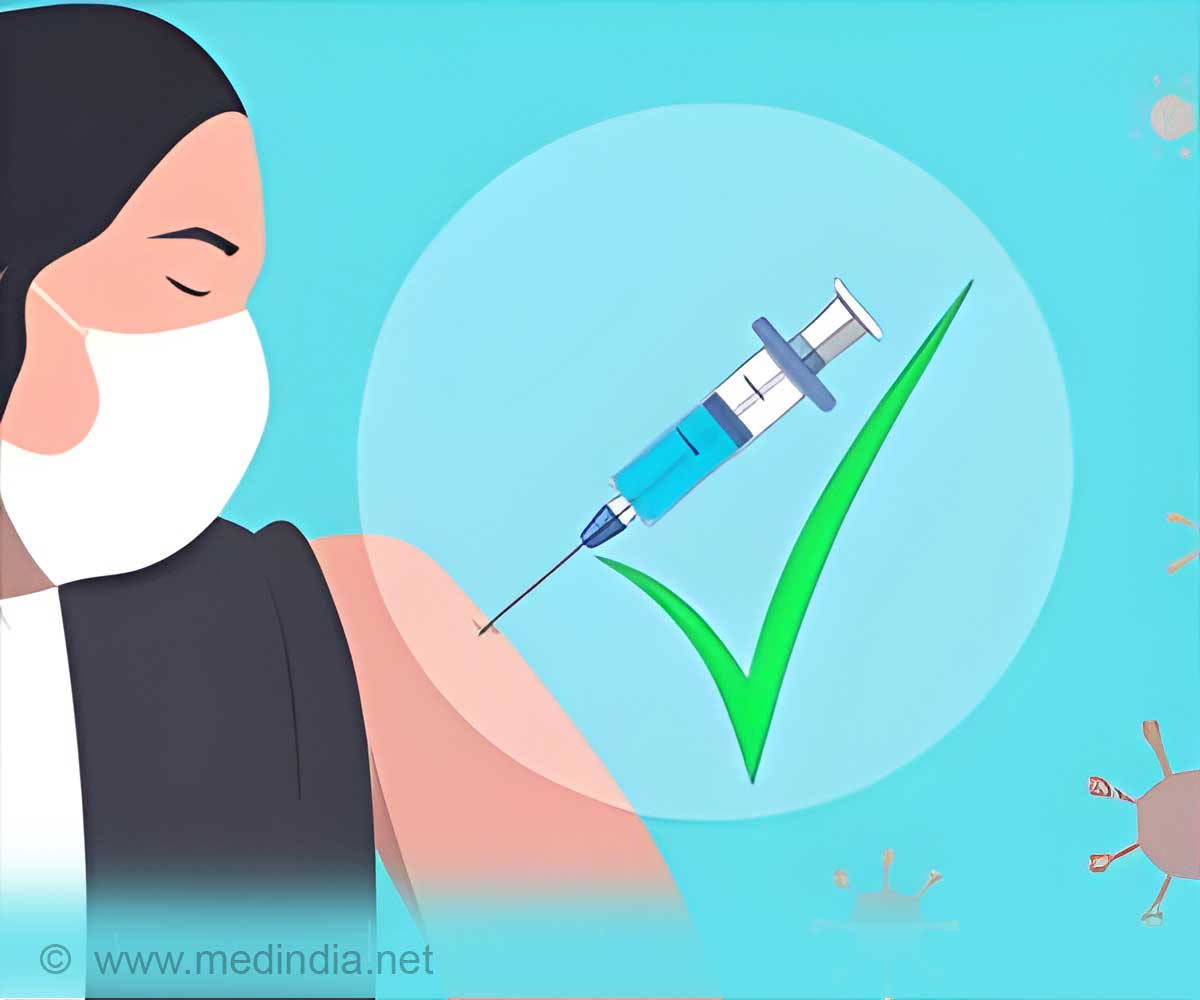Immunity from COVID-19 gathers strength with more duration between vaccination and infection, stated study.

‘COVID-19 vaccine boosters must be set apart no more frequently than a year apart, at least among healthy people.’





Their findings suggest that vaccine boosters should be spaced no more frequently than a year apart, at least among healthy people. “Longer intervals between natural infection and vaccination appear to strengthen immune response for otherwise healthy people,” said co-senior author Fikadu Tafesse, Ph.D., associate professor of molecular microbiology and immunology in the OHSU School of Medicine.
COVID-19 Vaccination: New Insights
Published in the Journal for Clinical Investigation Insight, the new research is the latest in a series of laboratory discoveries by OHSU scientists revealing a pattern of strengthened immune response through hybrid immunity. Their findings suggest that the magnitude, potency, and breadth of hybrid immune response all increased with a longer time period between exposure to the virus — whether through vaccination or natural infection.This likely is related to the body’s immune response maturing over time, said co-senior author Marcel Curlin, M.D., associate professor of medicine (infectious diseases) in the OHSU School of Medicine and medical director of OHSU Occupational Health.
“The immune system is learning,” Curlin said. “If you’re going to amplify a response, what this study tells us is that you might want to boost that response after a longer period of learning rather than early after exposure.”
Advertisement
The findings suggest long-lasting potency of so-called “memory cells,” the B cells that recognize an invading virus and generate protein antibodies to neutralize the virus and its many variants. The authors write that an ever-growing pool of people who have contracted the SARS-CoV-2 virus stand to benefit from vaccination, even if they’ve delayed it until now.
Advertisement
The researchers say the findings are the latest to point toward the virus evolving to an endemic state.
“Our results point to a future where inevitable vaccine breakthrough infections would be expected to help build a reservoir of population-level immunity that can help blunt future waves and reduce the opportunity for further viral evolution,” they write.
The researchers cautioned that the immune response was measured in relatively healthy people, and boosters may be advisable on a more frequent basis among vulnerable people who are older or are immunocompromised.
Source-Eurekalert















